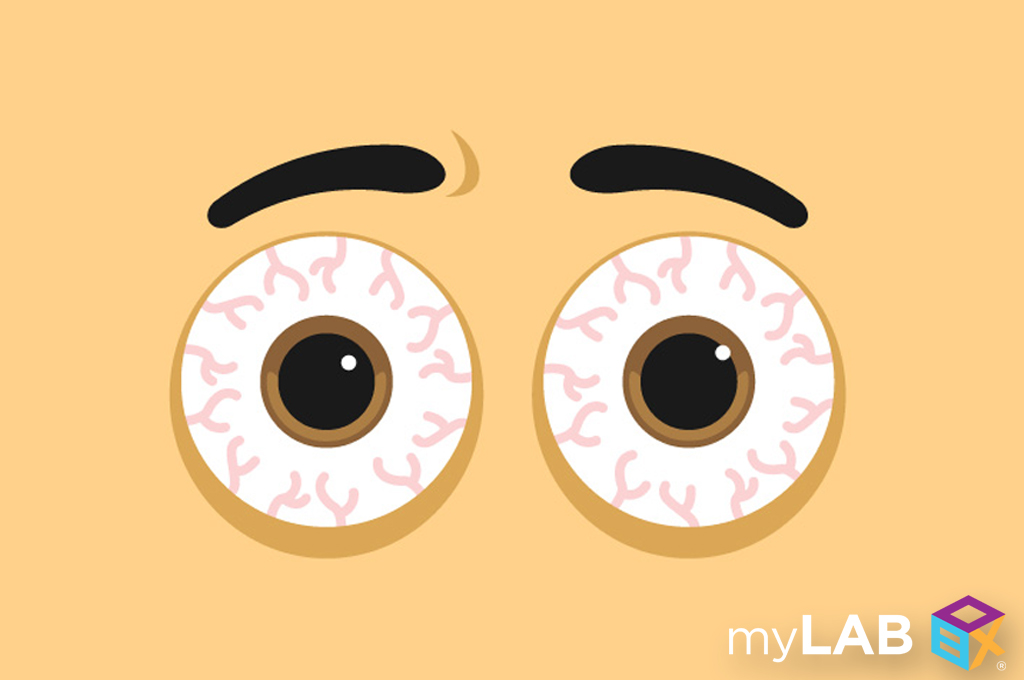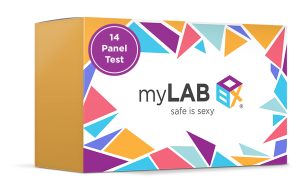Can You Get Herpes In Your Eye?

Most people know that there are few different types of herpes and that each one affects a person differently. However, most people are surprised when they find out that two of the strains, the one that causes chickenpox as well as the one that causes cold sores in the mouth, can also cause an infection called herpetic eye disease (HED). Even though it’s related to a sexually transmitted disease, herpetic eye disease is not transferred sexually.
One of the two viruses that cause HED is is the same virus that causes shingles and chickenpox and is called the vaicella-zonster virus. If this virus infects the eye, it is called herpes zoster ophthalmicus. The other virus that causes HED is herpes simplex one and is the type of herpes that infects your mouth with cold sores. When herpes simplex one infects your eye, it mainly affects and infects the cornea. This type of infection is called herpes simplex keratitis.
Like most viruses, herpes simplex 1 and varicella-zoster viruses are active in most adults. Viruses in the herpes family spend most of their days living around nerve endings and fibers in humans. In fact, most of them never even cause a problem. Without warning, these viruses can start to multiply and move from one part of the body to the next. This most often occurs when your immune system is fighting off other infections or is under an unusual amount of stress. That’s why it sometimes feels like health problems all occur at once.
If you think that herpetic eye disease might be infecting your eye, then talk to your doctor and see if you can have a test done. If you’re feeling pressure inside of your eye, that should be checked. There is also a certain dye called fluorescein can put into your eye and see if there is any irritation as they glow a blacklight over it.
There are a wide range of symptoms associated with HED:
-
Pain in and around one eye or the other
-
Redness of either eye
-
Feeling like there is dirt, or dust, or grit in the eye
-
Overflowing tear canals
-
Pain whenever looking at a bright light
-
Swelling of the cornea or swelling of the cornea
-
Headache and fever without flu symptoms
-
Redness, rashes, or sores around the eye or eyelid. Sores could also appear on the forehead
-
A rash at the very tip of your nose
-
Blurry Vision
Even though symptoms change amongst the various classifications of HED, if you’re experiencing any of the above symptoms then it’s important to get them checked out by a doctor. Nobody wants to admit they have herpes, but HED is a serious condition that could do lasting damage to your cornea. Even though HED is not transmitted sexually, it is associated with diseases that are. Be aware of your partners and be aware of your hygiene habits. Contact myLAB Box™ if you have concerns.
Popular Tests

Total Box
14 Panel STD Test
In Stock – Free Shipping
$369 – $399
